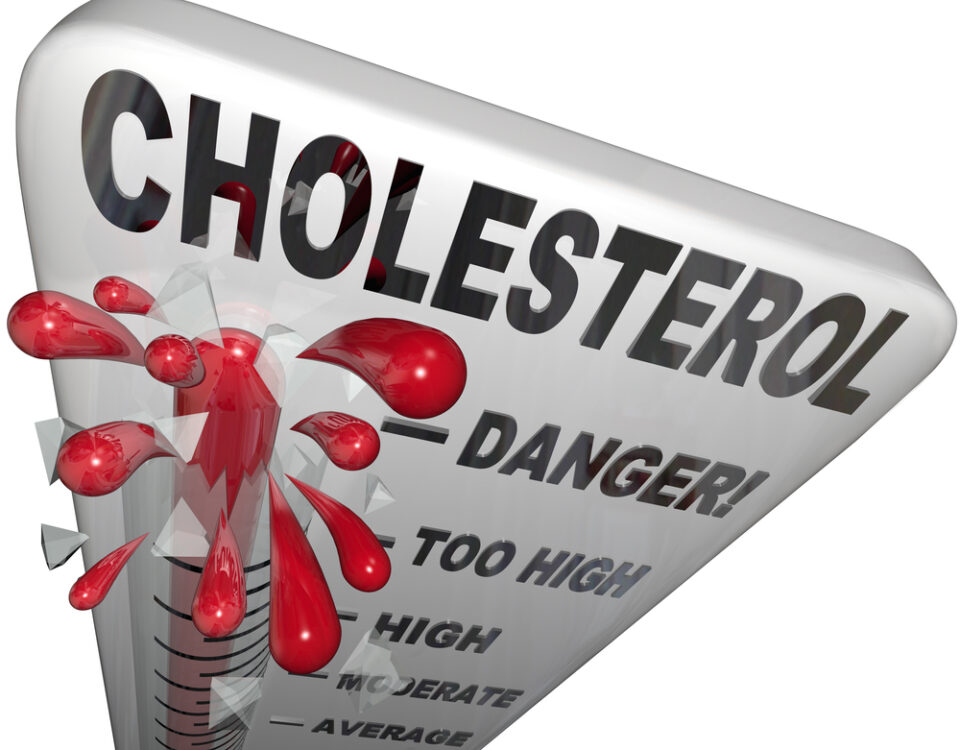Canola Oil Is Not a Healthy Oil
August 2, 2024Vitamin D supplements might be a cheap and effective way to treat high blood pressure, scientists have said, after a study uncovered the best evidence yet of a link between vitamin levels and hypertension.
The benefits of vitamin D for patients with high blood pressure has been suggested before, but evidence has been sketchy. In a new study, scientists were able to determine whether low levels of vitamin D had a causal link with high blood pressure more reliably than ever before, by measuring genetic variations which affect a person’s vitamin D levels, and measuring them against blood pressure.
The research, published in The Lancet medical journal today looked at data on more than 146,000 patient records from Europe and North America.
They found that for each 10 per cent increase in vitamin D concentration, the chance of likelihood of developing high blood pressure, or hypertension, decreased by eight per cent.
High blood pressure is a major risk factor for heart disease and stroke, and is normally treated with drugs such as ACE inhibitors or beta blockers, but Professor Elina Hyppönen from the University of South Australia, who led the study, said that if her findings were reinforced by further studies, vitamin D could be a game-changing alternative.
“In view of the costs and side effects associated with antihypertensive drugs, the potential to prevent or reduce blood pressure and therefore the risk of hypertension with vitamin D is very attractive,” she said. Experts said that while the study was an “important step” toward confirming vitamin D’s role in reducing blood pressure, large-scale randomised trials would be needed before it could be offered by doctors for high blood pressure patients. Vitamin D is known to be important for keeping teeth and bones healthy, and supplements are already recommended by the Department of Health for pregnant women and children and babies under five. Exposure to sunlight is a major source of vitamin D, which can also be found in foods such as oily fish and eggs.
Thembi Nkala, Senior Cardiac Nurse at the British Heart Foundation, which part funded the study, said: “This large study brings to light another potential cause of high blood pressure, which is an impressive progression in the medical field. More studies are necessary though to better understand and confirm this link between low vitamin D levels and high blood pressure.
“There are lots of simple ways to manage your blood pressure levels including cutting down on salt, keeping physically active, maintaining a healthy body weight, keeping alcohol within recommended limits and avoiding stressors where possible. “Medication will also be prescribed where necessary, otherwise keeping up with a heart healthy lifestyle is always key. If you are over 40 and have not had a health check why not visit your Family Doctor and request one.”



